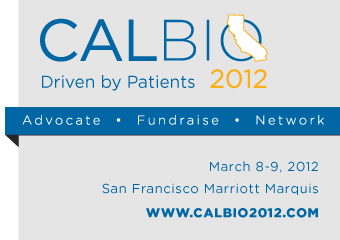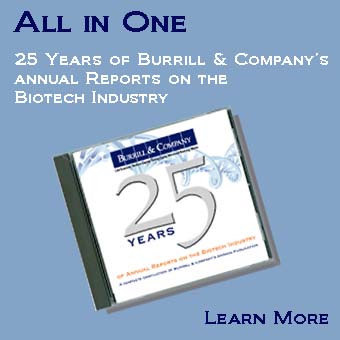AstraZeneca will make a wide range of compounds available free of charge to U.K. medical researchers next year through an innovative collaboration between the company and the Medical Research Council in the hopes of finding new uses for 22 AstraZeneca drugs in development.
As part of the collaboration, the council is inviting research proposals from the academic community to find novel ways to use the compounds, which are all either in pre-clinical or clinical development. The council will judge and select the best scientific proposals and award up to $15.5 million (£10 million) to fund research across a broad range of human diseases.
Given the high cost of drug development—the average cost of bringing a new medicine to market was about $1 billion in 2011—finding innovative ways to develop new compounds has become critical. Often compounds that have been developed through early-stage trials might be put on hold for strategic reasons even if results argue for continued development. A partnership such as the one AstraZeneca and the Medical Research Council forged, allows the continued development of such compounds.
It reflects an ongoing trend among pharmaceutical companies to leverage the work of academic institutions to cut the cost and accelerate the development of new therapeutics.
“Innovative collaborations are playing a crucial role in finding ways to unlock the potential of new treatments,” says David Brennan, AstraZeneca’s CEO. “The U.K. has a strong heritage of research excellence in life sciences. We hope that in sharing these valuable compounds with academic scientists through the MRC, new discoveries will be made by exploring additional uses of these compounds.”
The initiative marks a transition in medical discovery to more open innovation and public-private collaboration. The research done by the academic community could very well set the tone for industry and academia collaborations of the future.
Under the agreement, the rights to the intellectual property generated from research done on the compounds will vary based on each project, but will follow along the same lines as with currently used academic-led research. AstraZeneca will retain the rights to the chemical composition of the compounds while any new research findings will be owned by the academic institutions.
The council will identify projects that are feasible, do not duplicate existing studies, and do not directly contribute to AstraZeneca development programs. Any potential projects that duplicate or overlap AstraZeneca’s active development programs will not be eligible for council funding, although AstraZeneca will retain the right to work with those researchers directly.
December 16, 2011
http://www.burrillreport.com/article-astrazeneca_strikes_pact_with_uk_medical_research_council.html






.gif)